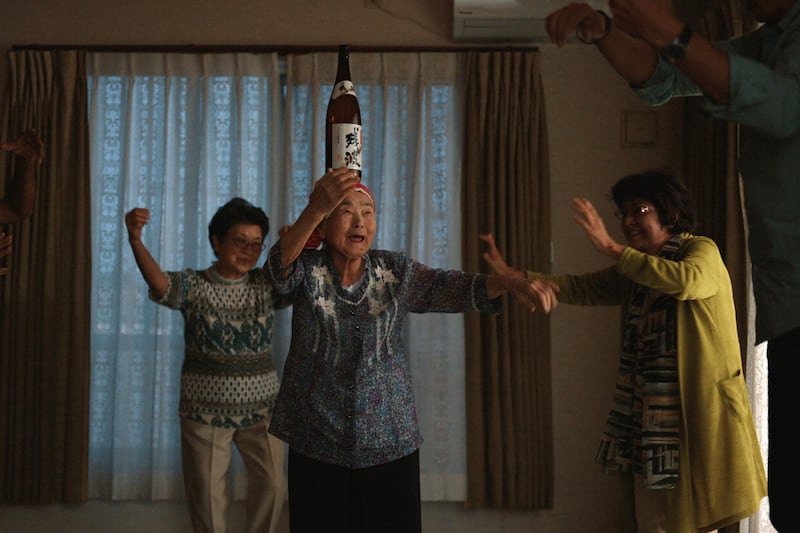Who Are You Calling Fat?, BBC 2, Monday at 9pm
The kernel of identity politics is that the group must be the victim, the collectively oppressed.
With a quarter of the UK population now classed as obese, ‘fat positivity’ is desperate to join the zeitgeist.
Who Are You Calling Fat? brought together nine people living with obesity to share a house for nine days. Some want to lose weight and are worried about the health implications of their size while others refuse to even listen to the warnings.
In episode one they carried out a number of tasks (this is TV after all) including standing in the street, blindfolded and in their underwear, asking passersby to write nice things on their oversized limbs.
They also meet a man whose obesity led to diabetes and the amputation of one of his legs. He warns the group of the dangers of being overweight as they get older.
Some react with tears and vow to visit the doctor.
One group leave the room, finding the discussion “fat phobic.”
Victoria is the leader of the ‘fat positivity’ section and has a whole lexicon, borrowed from identity politics, with which to explain that obesity is not the issue. It is society’s reaction to overweight people that’s the problem.
Most of it is confusing, such as saying she never wants to be slim, or “straight size.”
That criticism of the type of high calorie food she eats is “food shaming” and the suggestion she may have mobility problems as her joints struggle with the weight she is putting on them is “ableist.”
Almost all this language suggests, of course, that Victoria is the victim of an oppressive society, rather than simply someone who consumes more calories than she burns.
Eventually the defence becomes fantastical, with Victoria dipping deep into the identity politics dictionary to declare that “health is a social construct.”
Best of luck with that one in the diabetes clinic.
***
Inside Lehman Brothers: The Whistleblowers, BBC 4, Monday at 10pm
Lehman Brothers was worth about $1.5 trillion when it collapsed in 2008, heralding the deepest recession in the world economy since the 1930s.
Sub-prime mortgages - essentially giving loans to people who didn’t have jobs - were the spark and the flame gorged itself on financial institutions buying and selling extremely complex products which nobody understood the true value of.
Banks went bust and many more had to be bailed out by taxpayers as the world’s financial system threatened to collapse.
The consequences were significant, with job losses, wage cuts and years of stagnant growth. It is possible that we have yet to escape fully, with central banks remaining in crisis mode and, in some cases, negative interest rates and trillions in quantitative easing (or old fashioned printing money).
Inside Lehman Brothers spoke to senior managers and loan underwriters at a connected company who explained the greed and fraud which led to the collapse.
Linda Weekes, Sylvia Vega-Sutfin, Coleen Columbo and Cheryl McNeil told of harassment, bullying and being hounded from their jobs when they tried to tell their managers that many of the mortgages applications were fraudulent.
While at Lehman, former vice president, Matthew Lee told of a culture of “to hell with everyone else.”
Lee, who is travelling around the world by motorbike as he comes to terms with the collapse, said the view at Lehman was one of indifference to all concerns but one. “You don’t tell people what you are doing, you just make money.”
Inside Lehman asked why no one from the investment banks was prosecuted and there are no solid answers.









